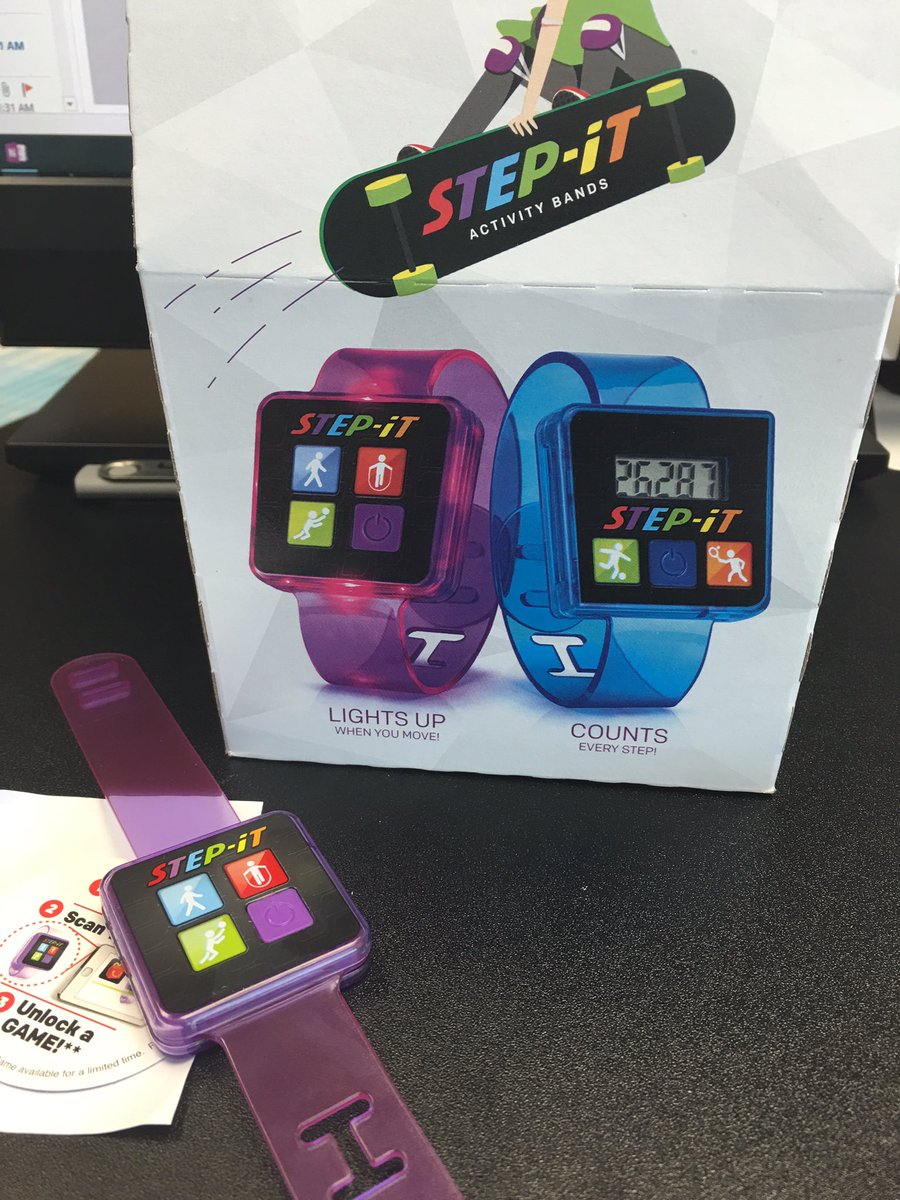After repeatedly delaying the requirement that restaurants post calorie counts and other nutritional information on their menus — and after being sued by groups alleging that these delays are against the law — the Food and Drug Administration has finally agreed to start enforcing the menu labeling rule, beginning in May 2018. [More]
cspi
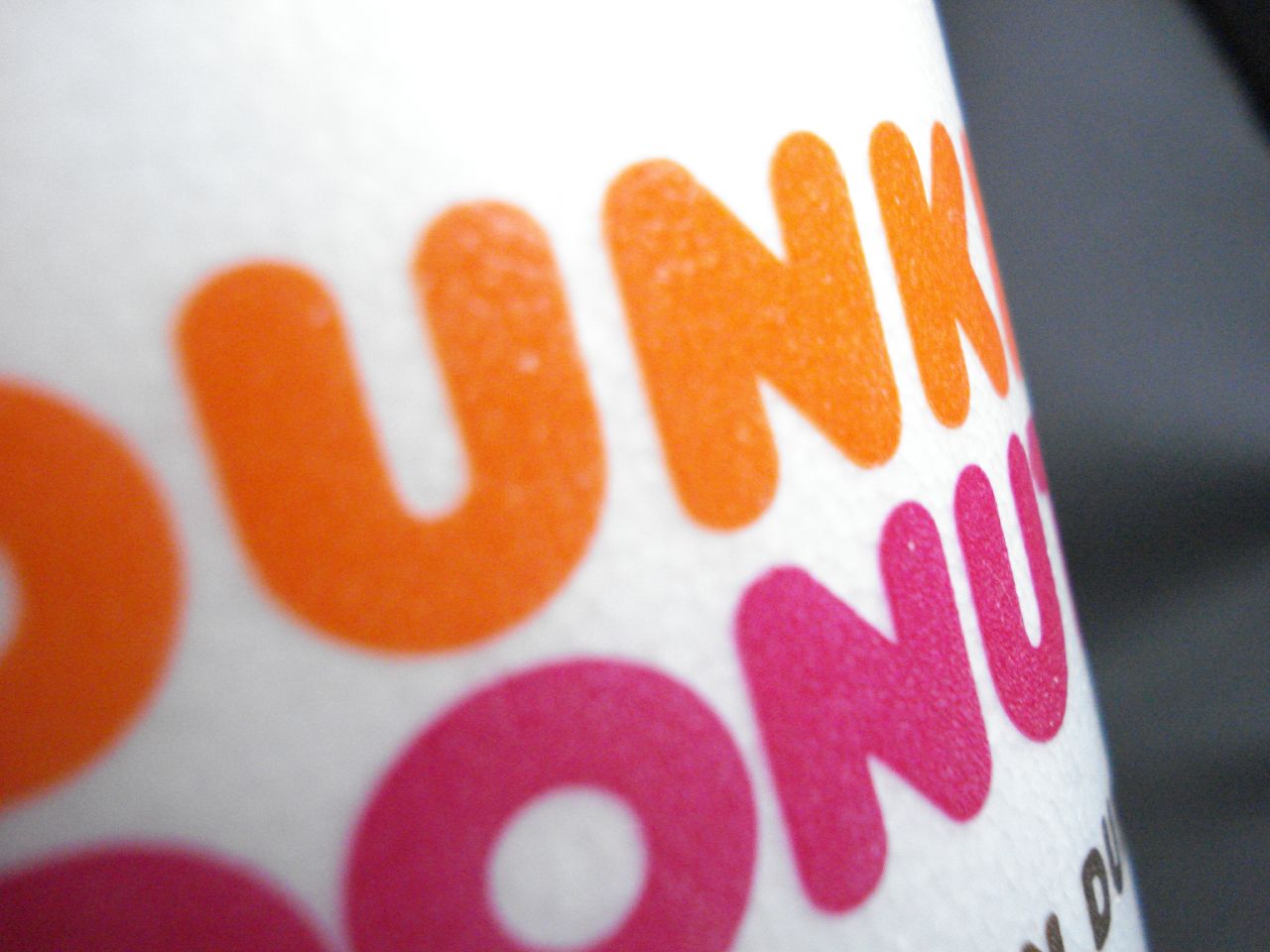
Dunkin’ Donuts, Baskin Robbins To Eliminate Artificial Colors From Products By 2018
Dunkin’ Donuts and Baskin Robbins on Thursday became the latest chains to join the growing list of restaurants and food producers promising to remove artificial flavors and dyes from its menus. [More]
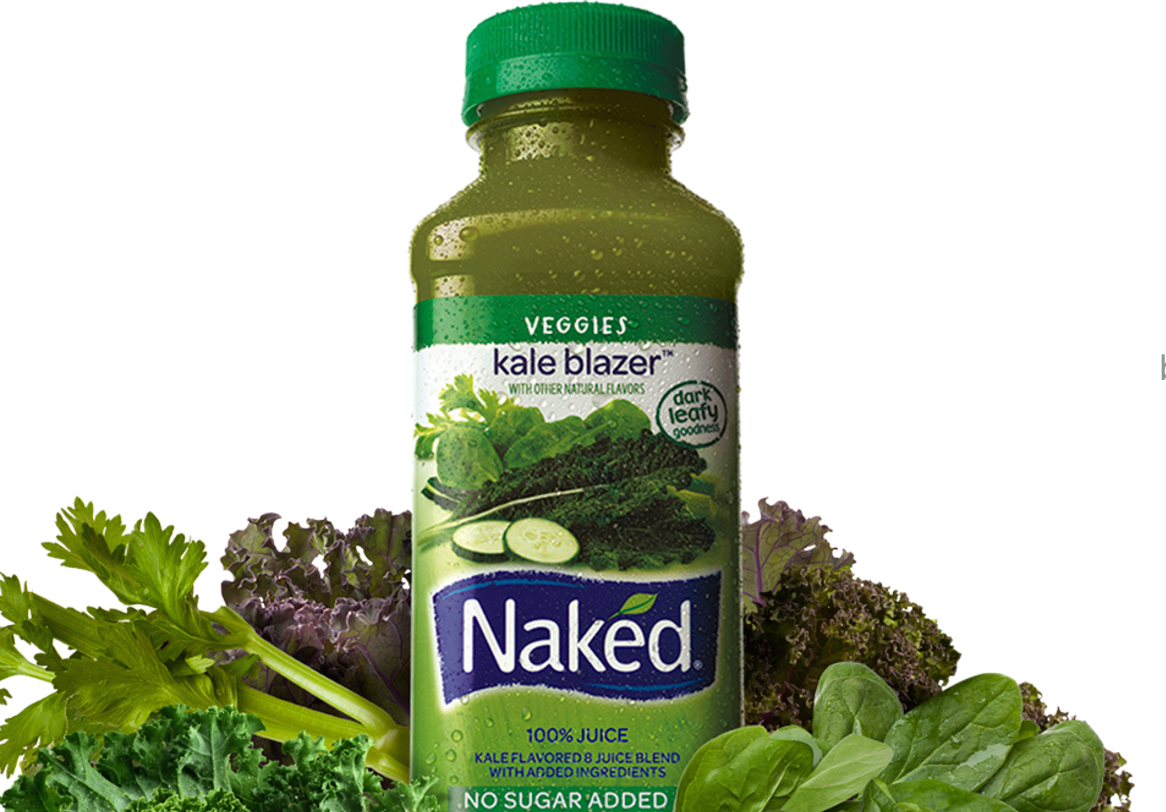
PepsiCo To Revise Labels On Naked Juice Drinks Following Lawsuit
Last year, people who purchased Naked Juice drinks like “Kale Blazer” thinking that the main ingredient would be kale, or who bought Naked products labeled “no sugar added” believing the drinks were low in sugar, sued Naked’s parent company PepsiCo, alleging they were misled. Now comes news that PepsiCo has agreed to close the books on this dispute by using labels that more accurately reflect Naked’s ingredients. [More]
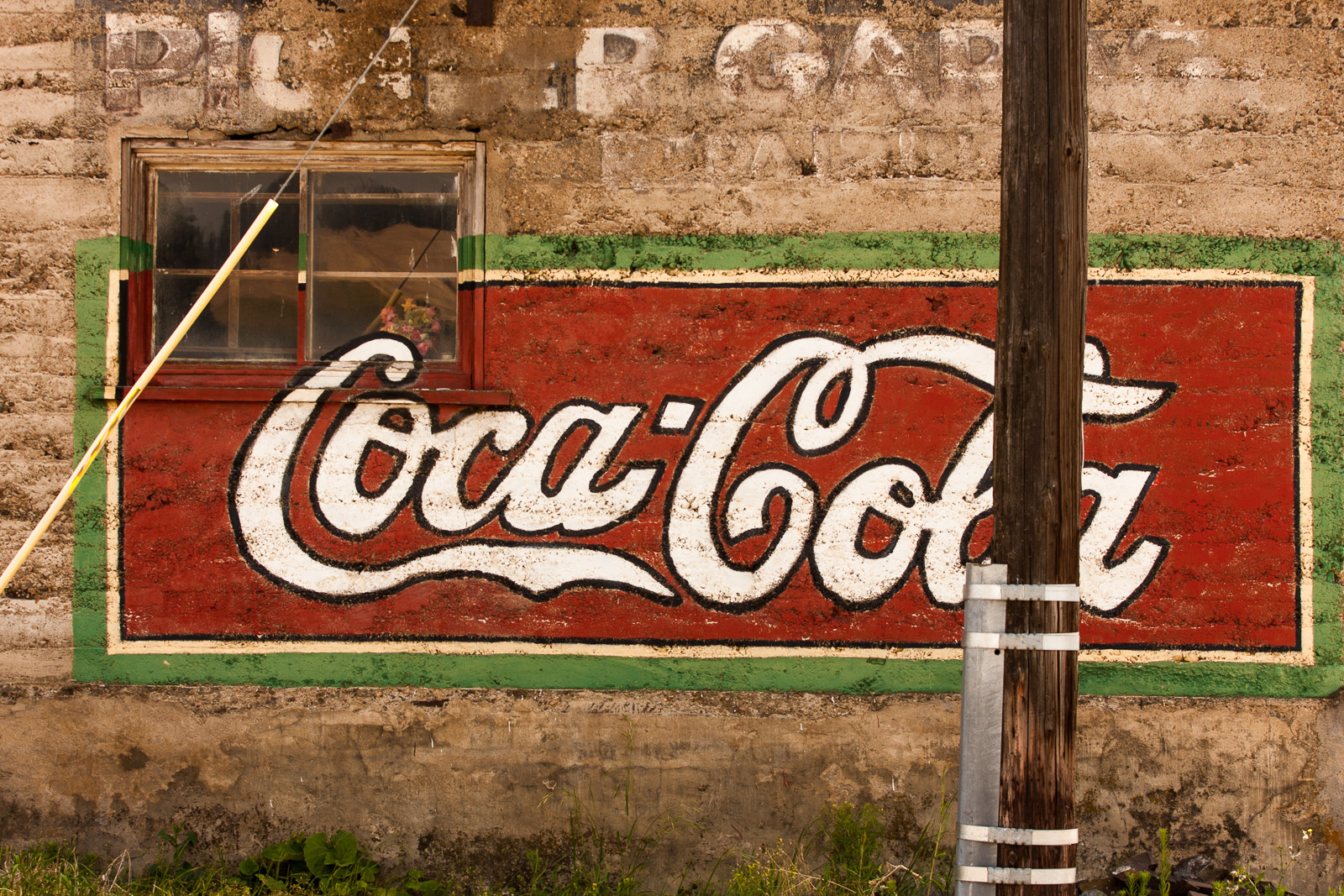
Coca-Cola Accused Of Illegally Misleading Consumers About Sugary Drinks
In a new federal lawsuit, public health advocates accuse Coca-Cola and the American Beverage Association of engaging in a “pattern of deception to mislead and confuse the public” and waging an “aggressive campaign of disinformation about the health consequences of consuming sugar-sweetened beverages.” [More]

Lawsuit: PepsiCo’s Naked Juice Drinks Mislead Shoppers About Ingredients, Sugar Content
Should a drink called “Kale Blazer” have kale as its primary ingredient? When something says “no sugar added” on the label, do you think that means the beverage is low in sugar? These and many other questions may eventually possibly be answered by a new lawsuit filed against PepsiCo. [More]

Here Are This Year’s 9 Most Calorie-Filled Chain Restaurant Meals
You have to know that when you’re tucking into some huge plate of pasta, fried food, bread, sauce, cheese, and meat at a chain restaurant, that’s probably not healthy, but do you know how unhealthy? [More]

Lawsuit Accuses Cheez-It Of Falsely Advertising “Whole Grain” Crackers
What does it mean for a food to be labeled “whole grain”? Even if there is no official standard for that term, do you expect that a whole grain version of a product would be healthier than the original? [More]
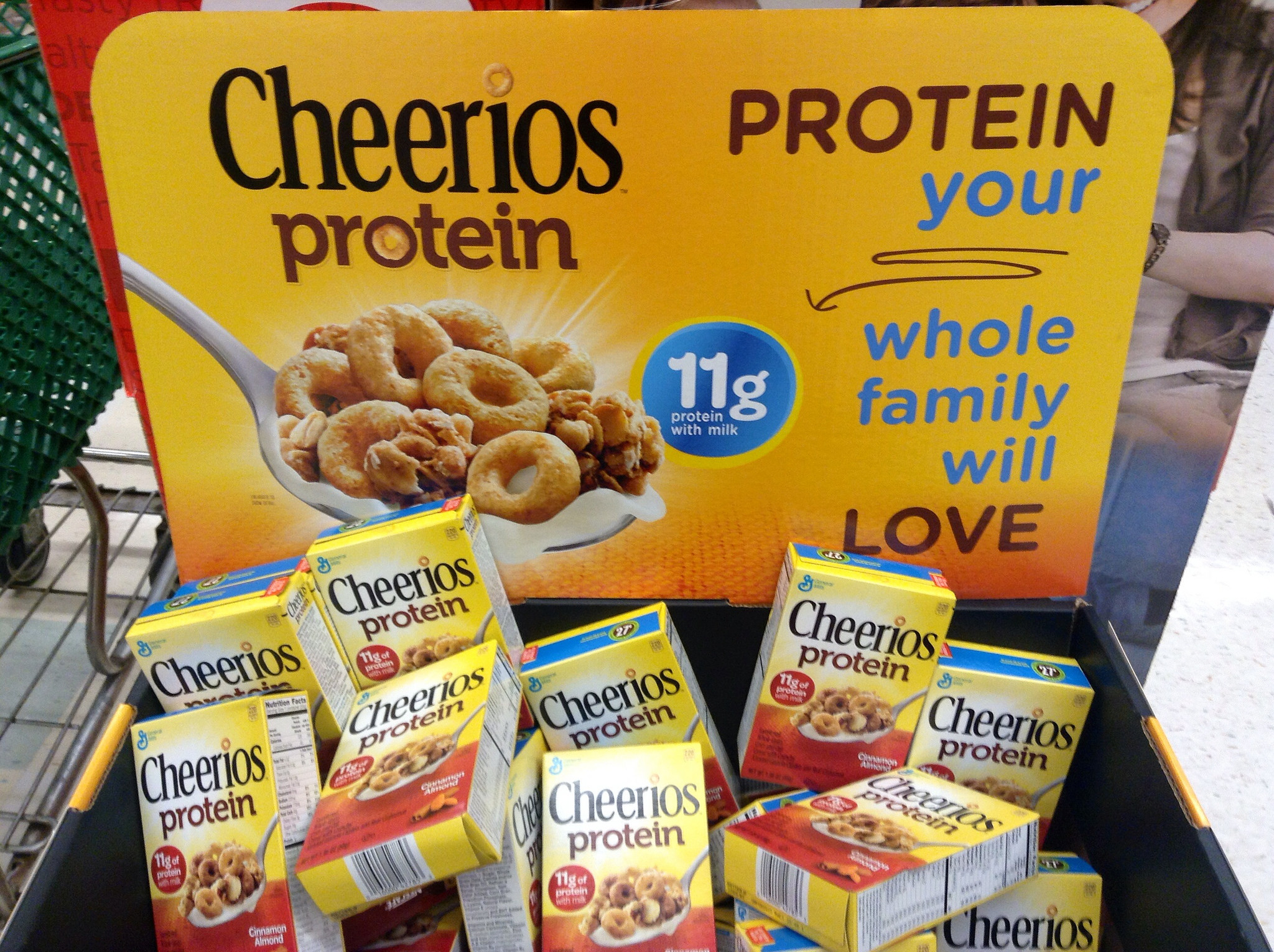
Cheerios Protein Has Slightly More Protein, More Sugar Than Regular Cheerios
If you follow current food trends, you know that Americans are losing interest in breakfast cereal, but can’t get enough protein. Cereal companies see those trends, and are ready to respond with new products to entice customers back to their aisle. For example, General Mills started a line called Cheerios Protein to supplement their classic Cheerios. The problem: while Cheerios Protein has more protein per serving, it also has a lot more sugar. [More]
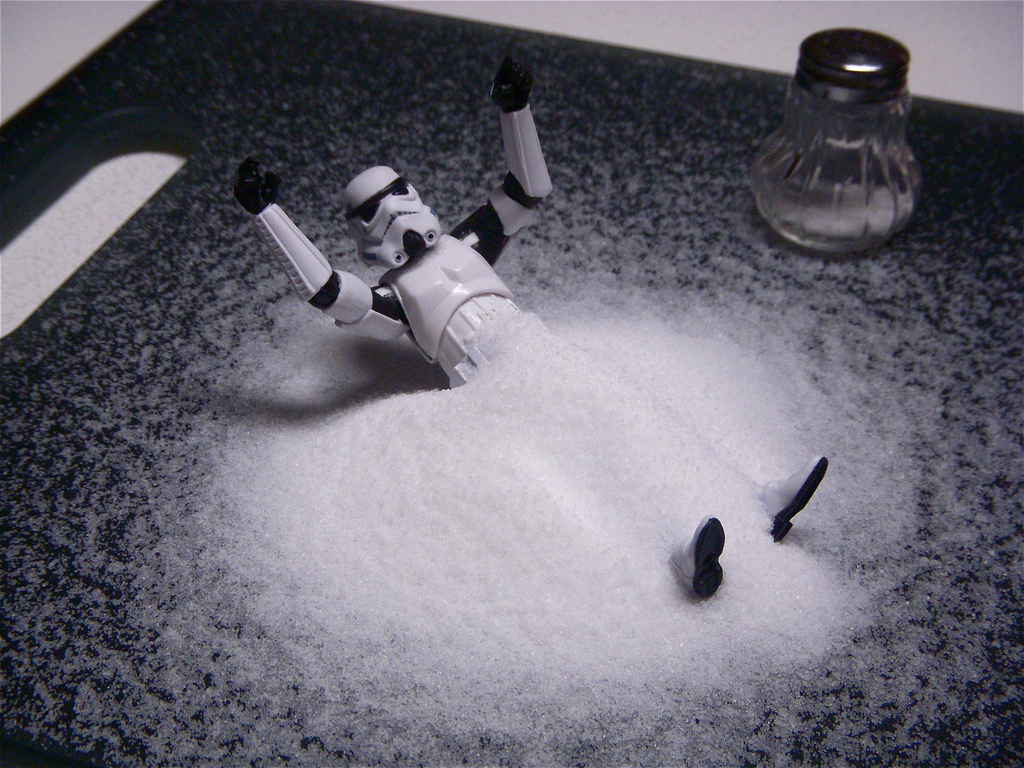
Group Suing FDA For Failing To Cut Excess Sodium In The Food Supply
A nonprofit food safety and nutrition watchdog group is taking the Food and Drug Administration to federal court, claiming the agency hasn’t reduced sodium in packaged and other foods. This puts Americans at risk for stroke, heart disease and other health problems, the lawsuit claims. [More]
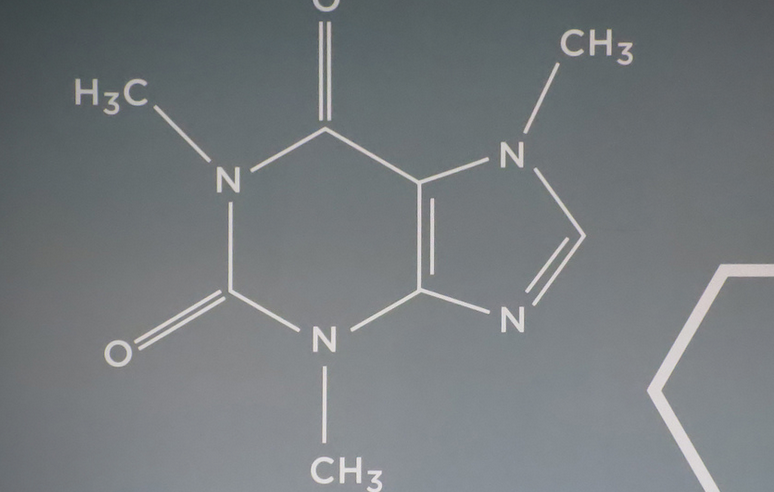
Following Deaths, FDA Warns Makers Of Powdered Caffeine That Their Products Are Dangerous
Last summer, two young adults died after ingesting powdered caffeine, leading the Food and Drug Administration to warn consumers of the potential hazards of the popular stimulant while public health advocates called for a ban on the powdered product. Now the FDA is taking things to the next level and warning caffeine manufacturers that their products are “dangerous and present a significant or unreasonable risk of illness or injury.” [More]
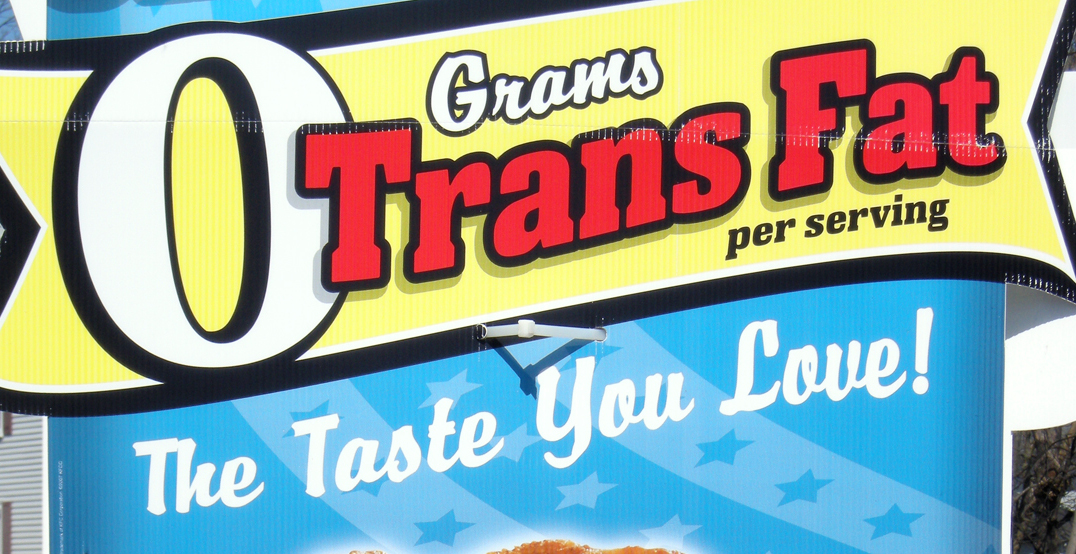
FDA Says Artificial Trans-Fat No Longer Approved For Use In Food
Artificial trans fats are believed to promote coronary disease by increasing the amount of bad cholesterol in the blood while decreasing the levels of good cholesterol. While the use of partially hydrogenated oils — the largest dietary source of these trans fats — has dropped significantly in the last decade, there is still concern about their continued use and the impact it’s having on consumer health. Today, the FDA declared that these oils are no long “generally recognized as safe” [GRAS] for use in human food and is giving manufacturers three years to eliminate them from prepared food products. [More]
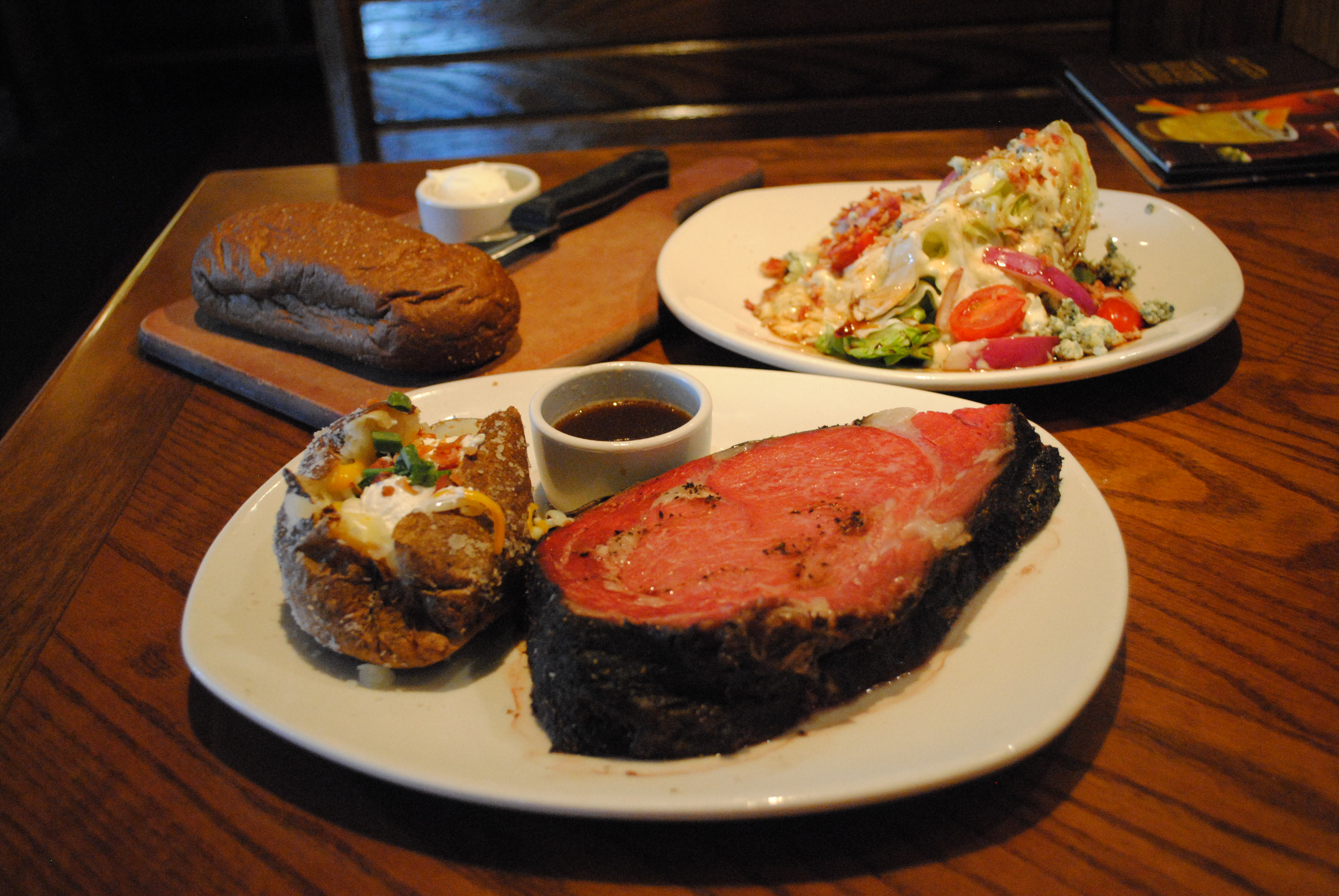
Loosen Your Belt, It’s Time For The 9 Most Calorie-Filled Restaurant Meals Of 2015!
While fast food gets a lot of negative attention for serving up less-than-healthy burgers, fries, chicken, and McRib meat, Whoppers and Big Macs have nothing on many of the meals you’ll get at a typical chain restaurant. Just about every item on the latest list of casual dining calorie bombs would be enough for a full day on its own. [More]
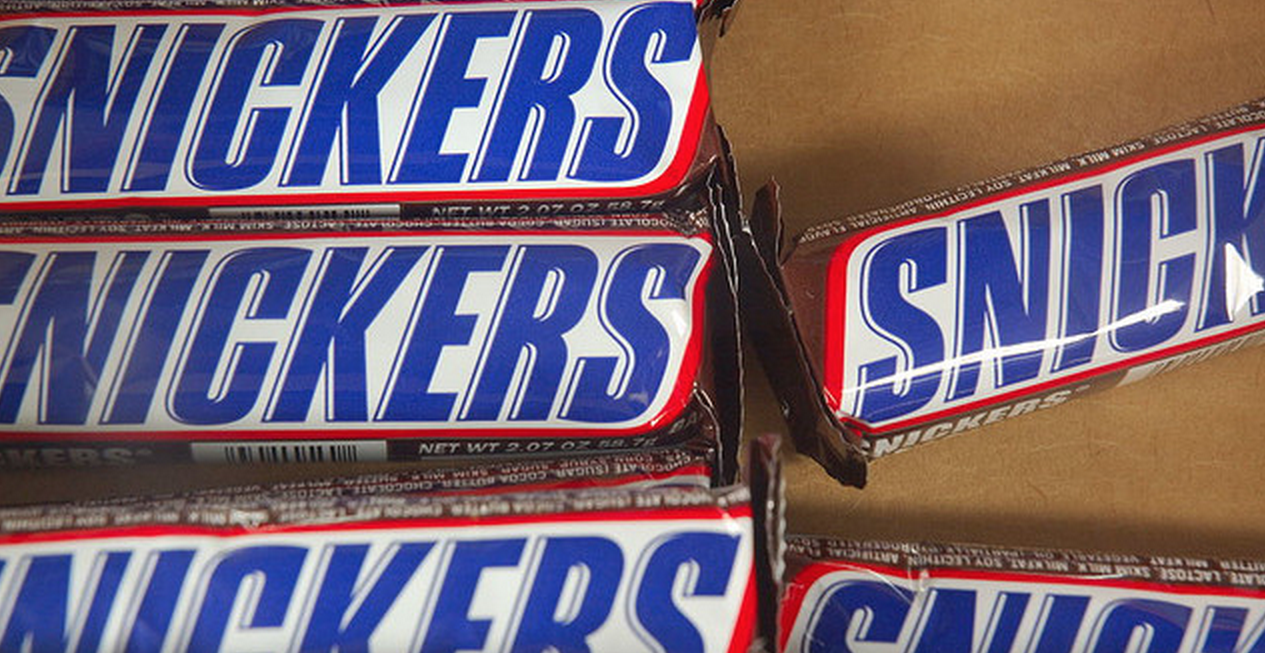
Company Behind M&M’s, Snickers Endorses “Added Sugars” Label For Foods
Of all the companies to advocate for alerting consumers to added sugars, the country’s most famous candy maker would be probably be among the least likely. But yesterday, Mars Inc. — the company behind M&M’s, Snickers, Milky Way, and Twix — gave its corporate stamp of approval to the idea of limiting the use of added sugars and labeling those products that contain extra sugar. [More]
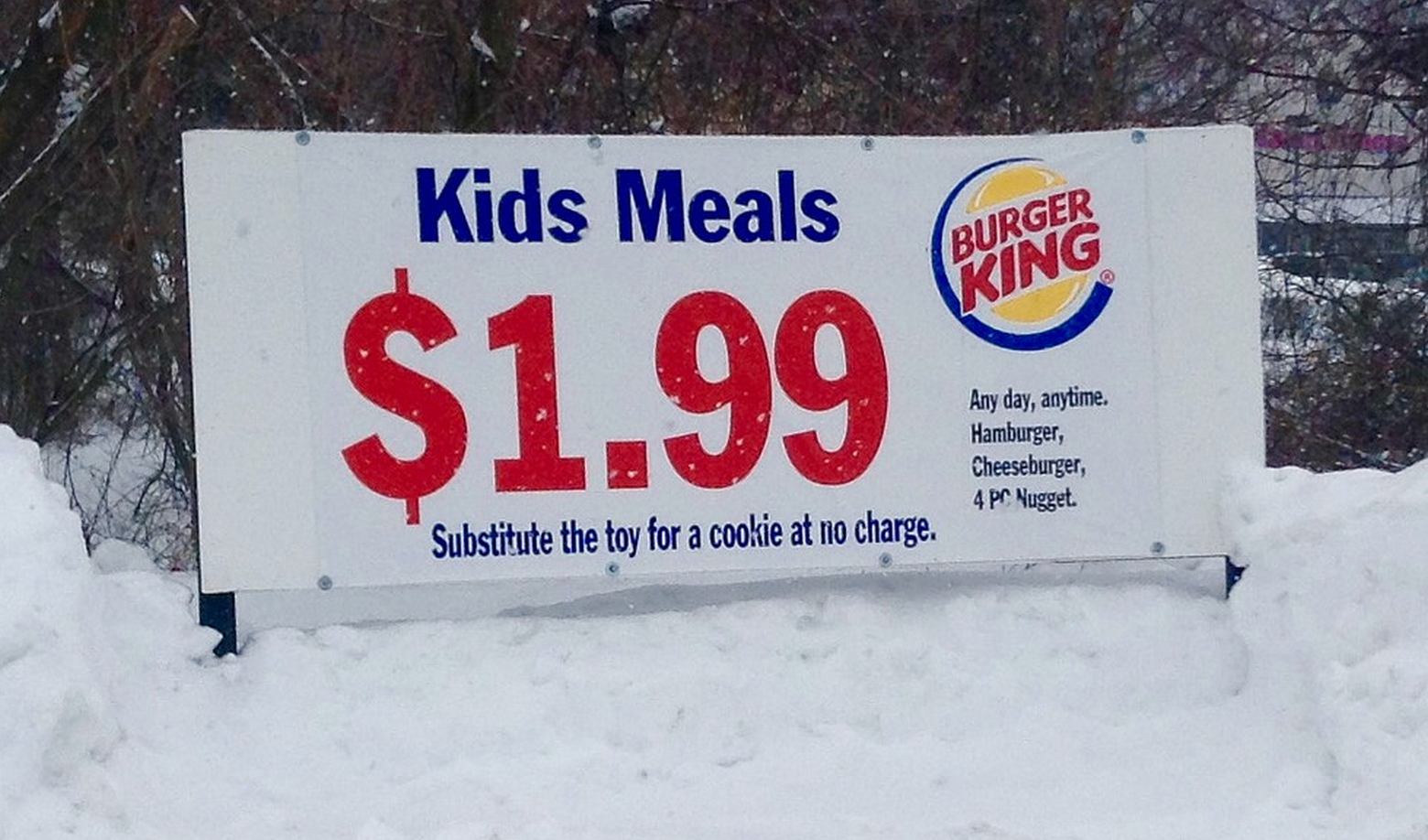
Burger King Quietly Dropped Soda From Kids Meals
When Wendy’s decided it January to remove soft drinks from its kids meals, it meant that Burger King was the only one of the big three burger chains to still include soda with their youth-targeted menu. But in the last month, BK has quietly pulled the sugary beverages from its kids meals and menu boards. [More]
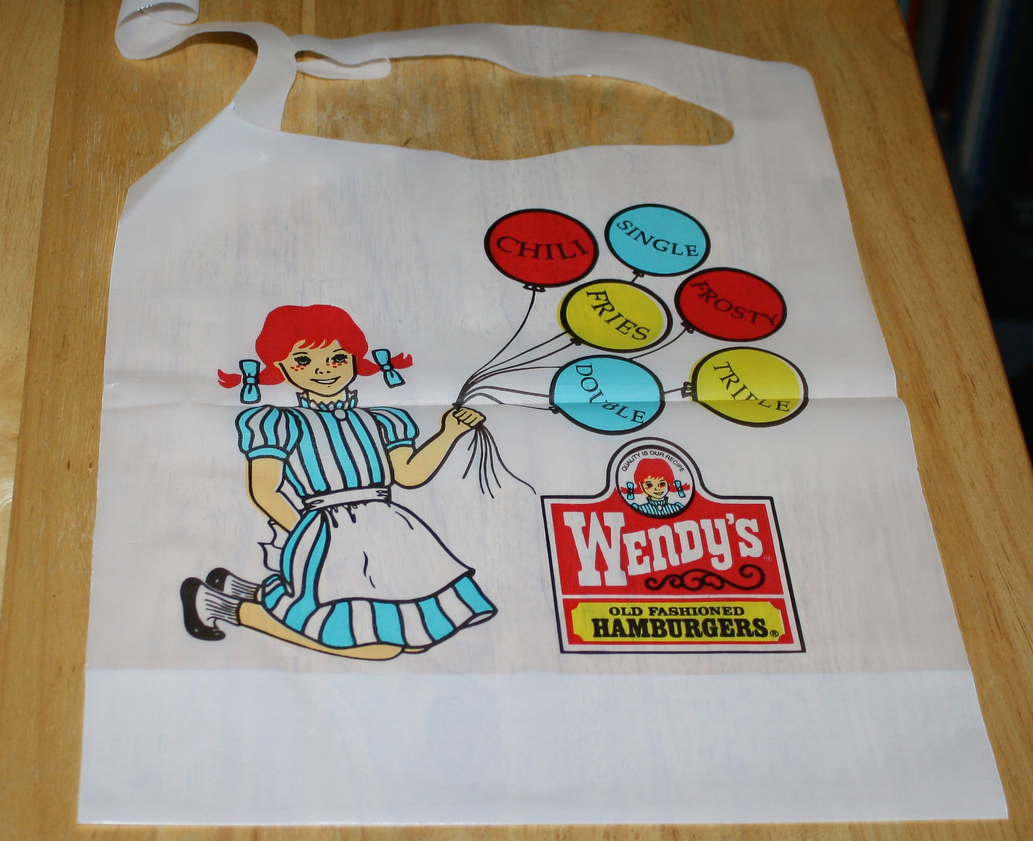
Wendy’s Dropping Soda From Kids’ Meals
More than a year after McDonald’s announced plans to remove sodas from Happy Meals, the folks at Wendy’s have reportedly decided that they should also stop including the sugary drinks in their kids’ meals. [More]
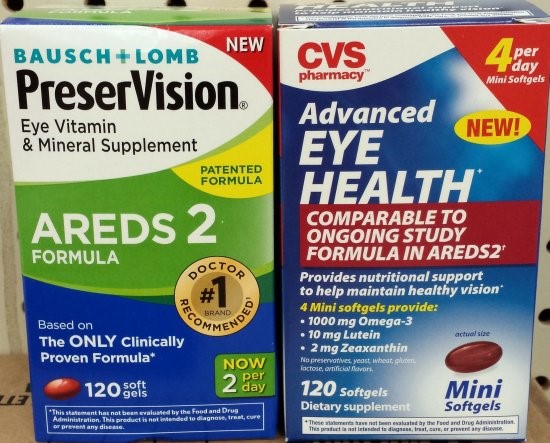
Lawsuit Against CVS Claims Label On Advanced Eye Health Supplement Is Misleading
Often when you see a drugstore-brand version of a brand-name product, it’s essentially the same thing just less expensive and with less-flashy packaging. But a new lawsuit alleges that CVS is not only trying to mislead shoppers by comparing its Advanced Eye Health supplement to products with different ingredients, but that the lack of those components make the CVS supplement less effective. [More]
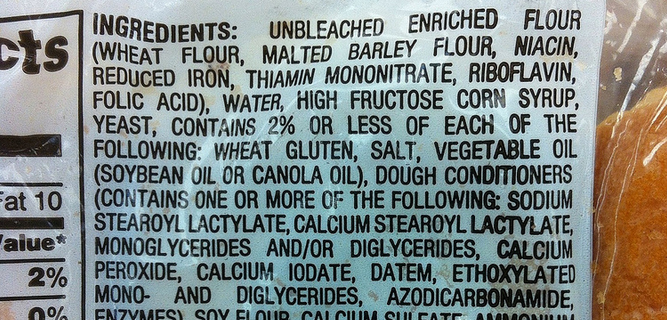
Food Industry Initiative Highlights How Little The FDA Knows About What’s In Our Food
For decades, the food industry has been able to use ingredients that are “generally recognized as safe” (GRAS) without approval from the FDA. When first used in the ’50s, this was intended to apply to ingredients, like vegetable oils and vinegars, where an additive’s safety is common knowledge, but in 1997, a backlogged FDA allowed food companies to merely submit their GRAS findings instead of the supporting data, creating a loophole the food industry has exploited to include a vast number of chemical ingredients that manufacturers claim are safe but which don’t go through a rigorous approval process. Feeling pressure from the public to pull back the veil on the GRAS process and its ingredients, the food industry announced a transparency initiative yesterday that may be a step in the right direction, but highlights just how little the FDA seems to care about the “F” part of its name. [More]



